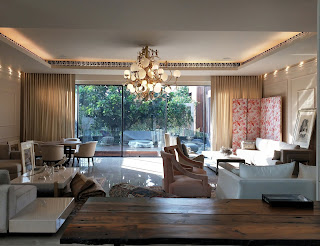The evolving consumer tastes are currently shaping the future of lighting, and a large amount of that is owed to the pandemic. The need to spend more time at home to work due to quarantine measures means your home must now incorporate areas of work, study, and personal activity. This will lead to a rise in the number of people adapting their home lighting systems - specifically through smart lights - to adapt to the new paradigm.
The vast array of options smart lights provide in personal customizability is expensive. An increase in work-from-home models will be an influencing factor in their adoption, as many companies are already incorporating it to continue even after the pandemic. Studies have shown a connection between lighting types and the ability to focus, which people anecdotally associate with. In that regard office space now focuses on lighting that helps improve productivity and hence the new and increasingly popular concept of “Human Centric Lighting”. Since our body clock is governed by the secretion of hormones, which in turn takes its cue from lighting. This is why we sleep at a certain time, (night) and we are alert at other times (mornings). So the effort today is to keep the body clock in sync with nature's timings of sunrise and sunsets. Since we spend more time indoors – the indoor lighting now with the help of technology follows the color temperature of sunlight and helps maintain the body rhythm.
- The piece is written by Alok Hada, Director, Anusha Technovision Pvt. Ltd.

